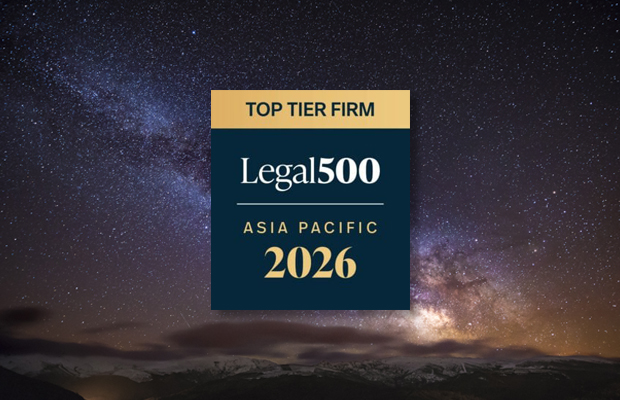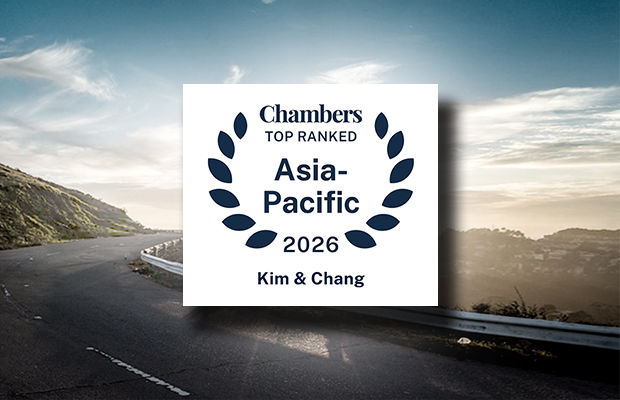“Tier 1” in All 17 Practice Areas
In the 2026 edition of The Legal 500 Asia Pacific, Kim & Chang was the only Korean law firm to be recognized as “Tier 1” in all 17 areas surveyed for Korea. Moreover, 54 of our attorneys, patent attorneys, and tax attorneys/CPAs were recognized in the individual categories.
もっと見る

